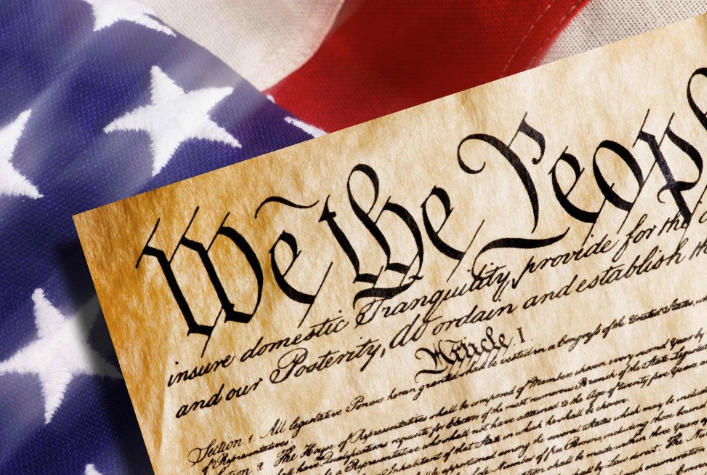By David L. Hudson Jr.
On June 17th, the Fifth Circuit Court of Appeals ruled that an employee’s speech who criticized a school superintendent was made pursuant to his official job-duties and, thus, fell within the large ambit of Garcetti v. Ceballos (2006). The decision shows the vast reach of the U.S. Supreme Court decision in Garcetti that created a categorical exception for job-duty speech that limited public employee First Amendment retaliation claims.
In 2017, Grand Prairie Independent School District District Superintendent Susan Hull faced criticism for residing in a home purchased and renovated with school district funds. The District’s Board of Trustees hired an outside law firm to investigate the District’s management and financial policies, including the purchase and renovation of the Hull home.
In May 2018, the firm finished its investigation, concluding that there was no actionable misconduct. During the investigation, the firm interviewed Robert A. Hawkland, the manager of the District’s HVAC system. Hawkland gave statements in the investigation that reflected poorly on Hull’s use of District resources.
After the investigation concluded, Hull learned that Hawkland was a source of the District’s alleged mismanagement of funds and that he gave negative information about Hull. After that, he was excluded from meetings, his department’s budget was reduced, and he was not allowed to speak about district policies. The District then inquired into Hawkland’s management of the HVAC system. He was then asked to resigned. When he refused, he was terminated.
Hawkland then sued in federal court, alleging that the District, Hull, and two District board members violated his First Amendment free-speech rights. The individual defendants sought qualified immunity, which a district court refused.
The defendants then appealed to the Fifth, which reversed its decision in Hawkland v. Hull. The panel reasoned that Hawkland failed to assert a valid First Amendment claim, because he spoke as an employee rather than a citizen under Garcetti.
In order to assert a valid First Amendment claim, a public employee must speak as a citizen on a matter of public concern or importance. The defendants conceded that Hawkland spoke on a matter of public concern, but argued that he did not speak as a citizen but as an employee, writing that “Hawkland’s statements during the District’s internal investigation were made pursuant to his official duties.” The panel noted that Hawkland participated in an internal investigation and did not make his critical statements to the media or to another outside source.
The Fifth Circuit panel stressed that “Hawkland never expressed his criticisms of Hull to anyone outside his employment, let alone outside those with whom he spoke during the investigation.” The court concluded that “the district court erred in holding Hawkland adequately pleaded a First Amendment retaliation claim.”
The Fifth Circuit’s decision shows the awful unfairness of the Garcetti ruling. Too many public employees are “Garcettized.” As I have explained in this law review article, the Garcetti decision is a terrible one for employees who blow the whistle on misconduct and should be overruled.
David L. Hudson, Jr. is an assistant professor of law at Belmont University College of Law, and the author of First Amendment: Freedom of Speech (2012). He is also a legal fellow at First Amendment Watch.
Tags


